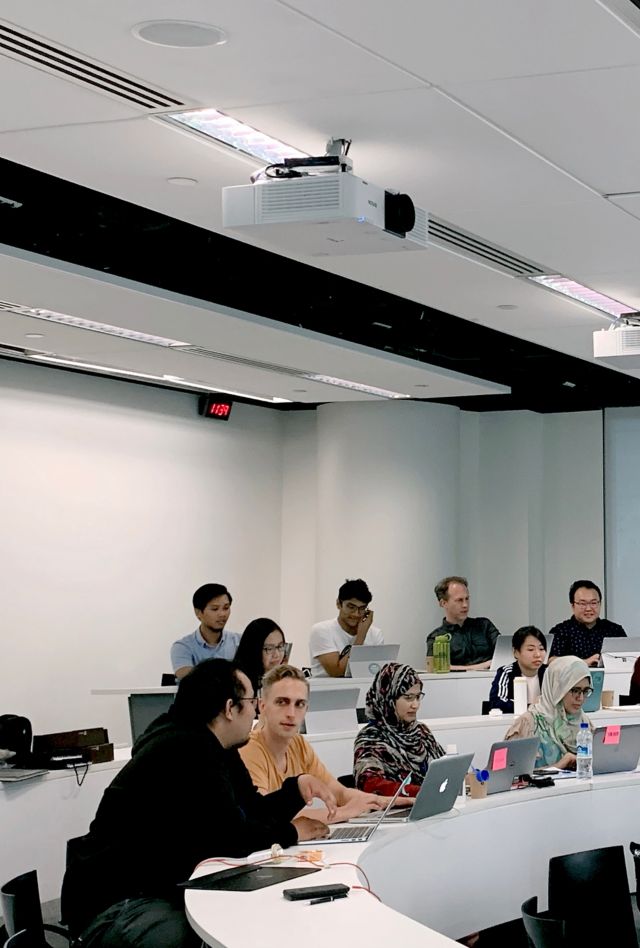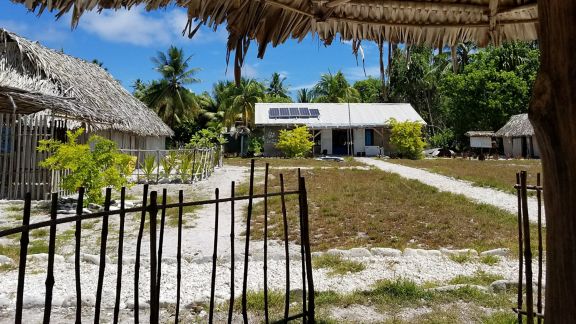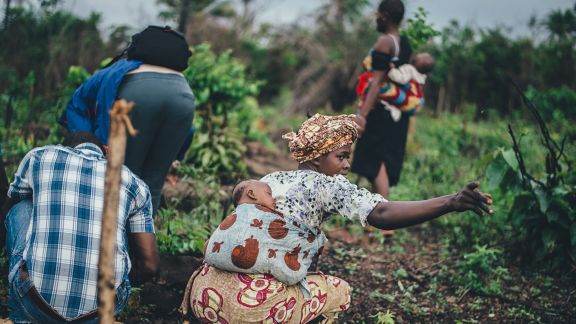A NORC-Built Global Network Connected USAID with Researchers

This article is from our NORC Now newsletter. Subscribe today.
December 2024
New, lasting partnerships informed program development and implementation.
NORC recently concluded the Research Technical Assistance Center (RTAC), a six-year project that brokered sustainable academic collaborations between researchers worldwide with the United States Agency for International Development (USAID). The initiative built a diverse 1,048-member Research Network from 468 universities across 75 countries, including 121 researchers from minority-serving institutions, 397 female researchers, and 519 members from low- and middle-income countries.
Interest in joining the network was so great that we had to close the application process sooner than anticipated after receiving more than four times the expected number of applications. USAID’s Innovation, Technology, and Research Hub turned to these network members to help fulfill the agency’s research needs in a timely way. Those needs included:
- Applied research
- Literature reviews
- Secondary data analysis
- Technical assistance
NORC conducted seven core RTAC activities, including leading a consortium of national and global partners ranging from Arizona State University to the Centro de Investigacion de la Universidad del Pacifico to Makerere University’s ResilientAfrica Network in Uganda.
NORC supported RTAC members in myriad ways for smoother cooperation.
Our team provided wide-ranging support to ease collaboration between USAID and RTAC members, particularly for those new to working with the agency. This included developing and conducting 40 virtual capacity-building workshops, practical skills-building and networking webinars, and research translation and communication resources.
One of our most popular communication products was our Research Translation Toolkit. It contains exercises, templates, and other resources and guidance to help researchers effectively communicate their work to those who can improve policies and programs.
Our efforts resulted in major research activities, many beyond USAID’s traditional scope.
RTAC facilitated 40 substantial research projects implemented by 55 partner institutions. These activities addressed global issues and specific regional challenges of 28 countries in Africa, Asia, Europe, Latin America, the Caribbean, and the Middle East. One notable stateside project won praise from policymakers and triggered a big change in USAID policy: the “Mental Health Policy Consultations” study led USAID to create its first policy on integrating mental health into agency programs and led to a series of related webinars and briefs.
RTAC also conducted policy convenings and technical trainings for USAID personnel.
NORC-brokered relationships will continue to benefit researchers and USAID.
Because they are sustainable, RTAC’s partnerships can continue providing USAID with the technical and scientific expertise needed to inform policies, programming, and maximize investment for enhanced global impact.
We also anticipate that RTAC’s many professional opportunities and resources, including chances to network and learn from peers, will be of longer-term benefit to researchers who participated in the network.
RTAC ended in September 2024. However, USAID is incorporating its resources into USAID platforms, and key materials will remain available on our website, ensuring continued access for researchers and policymakers.
This article is from our flagship newsletter, NORC Now. NORC Now keeps you informed of the full breadth of NORC’s work, the questions we help our clients answer, and the issues we help them address.







